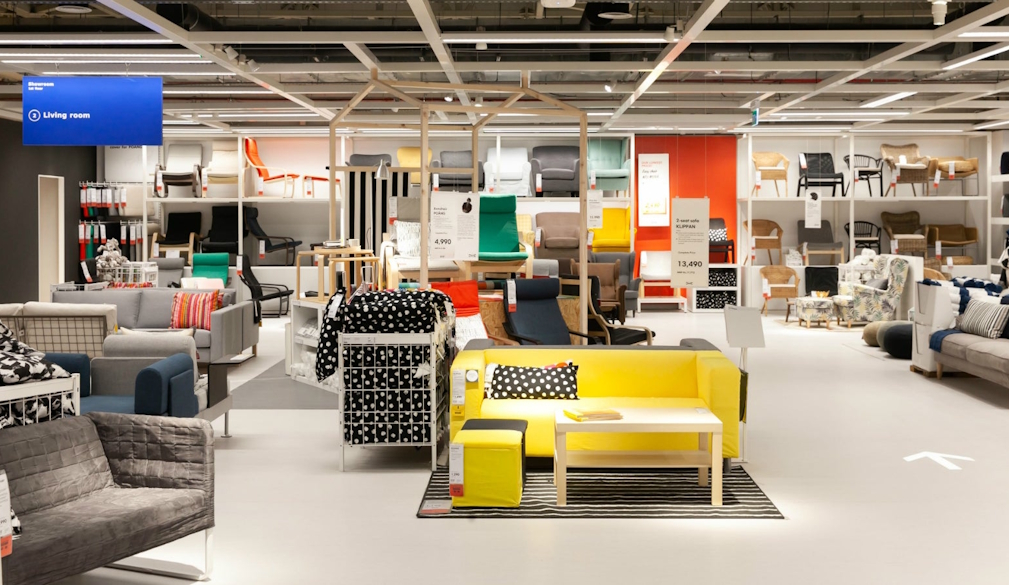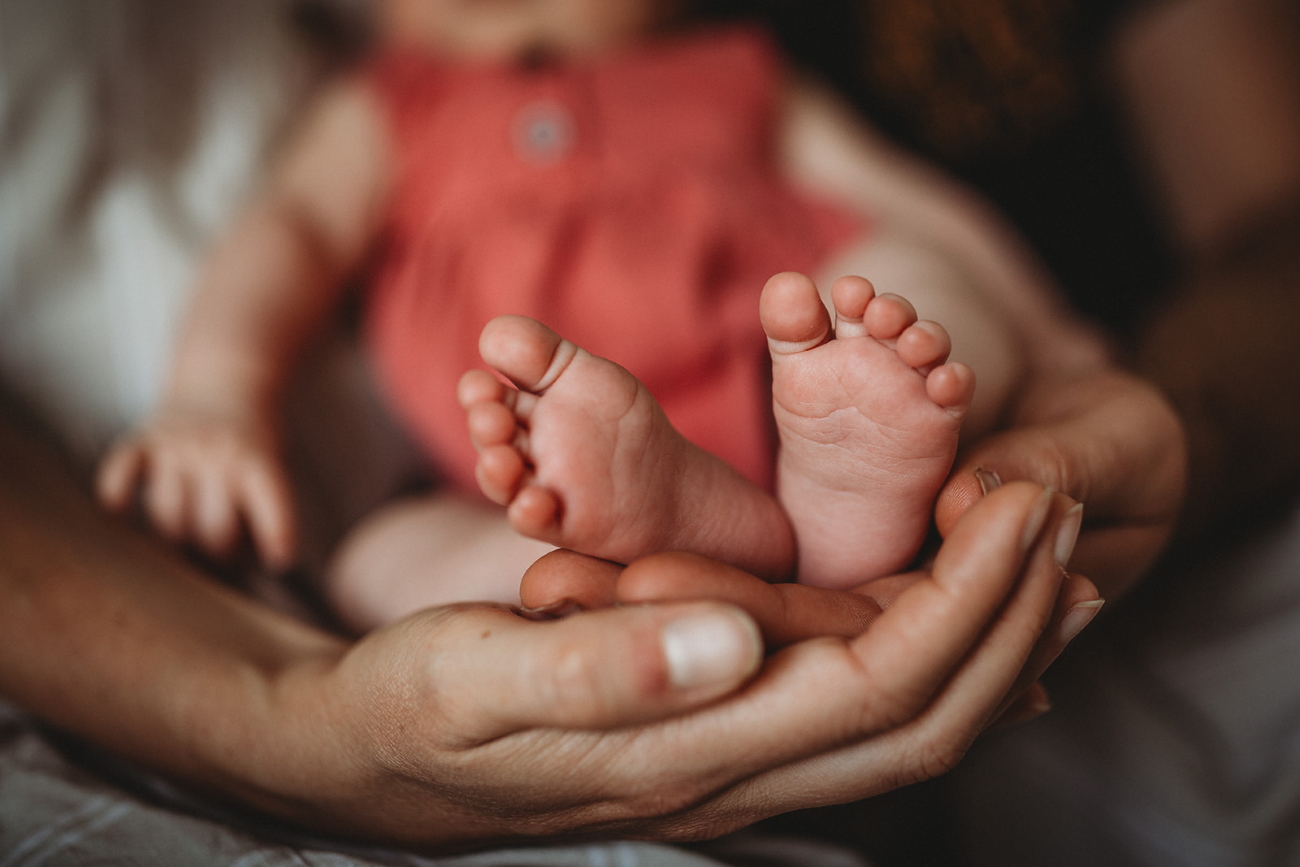Albanese’s first meeting with Trump goes well, apart from clip over the ear for Kevin Rudd
- Written by Michelle Grattan, Professorial Fellow, University of Canberra
Prime Minister Anthony Albanese’s first formal face-to-face meeting with US President Donald Trump has landed a major deal on critical minerals and secured a positive response from the president on the future of AUKUS.
In the White House meeting, Trump also avoided public pressure on Albanese over Australia’s defence spending, and referred to his election success and called him “a great prime minister”.
There was one embarrassment, however, when Trump was asked about Ambassador Kevin Rudd’s past disparagement of him. The president replied, “Did an ambassador say something bad? Don’t tell me. Where is he? Is he still working for you?” he asked Albanese.
Trump did not appear to realise Rudd was in the room. Albanese pointed him out.
“You said [something] bad?” Trump asked Rudd. “I don’t like you either, and probably never will.”
Later, Rudd apologised directly to the president, who reportedly accepted the apology.
Overall, the government has reason to be very satisfied with the meeting, which comes almost a year since Trump won the presidential election. Up to now, there had only been several phone calls and a handshake during a reception at the United Nations leaders’ week.
At times in past months, the government was nervous about the unpredictability of Trump in an encounter at the White House. But it became confident after putting in a great deal of preparation for the meeting, especially refining the proposed agreement on critical minerals and rare earths.
The timing for the meeting became particularly advantageous for the government, because China, which has a stranglehold on the rare earths market, just announced restrictions.
Under the new bilateral framework[1] on critical minerals and rare earths, there will be “an accelerated pipeline of priority projects delivered by and for the two nations”.
Albanese said in a statement the framework “will deliver a US–Australia secured supply chain for critical minerals and rare earths, required for defence and other advanced technologies”.
The two countries “will take measures to each provide at least US$1 billion [A$1.53 billion] in investments towards an US$8.5 billion [A$13 billion] pipeline of priority critical minerals projects in Australia and the United States over the next six months”.
Questioned on AUKUS, Trump said the project was “really moving along very rapidly.”
The Pentagon is currently reviewing AUKUS.
There has been much speculation the Americans might not be able to supply the nuclear-powered submarines promised under the agreement, because of the slowness in their own submarine prediction.
Trump said the agreement was “made a while ago and nobody did anything about it and it was going too slowly. We do actually have a lot of submarines. We have the best submarines in the world, anywhere in the world, and we’re building a few more, currently under construction. We have it all set with Anthony [Albanese].”
However, Australia has not secured any concession on tariffs, and will have to be satisfied with the fact it’s on the lowest general 10% tariff level. “Australia pays very low tariffs. Very, very low tariffs. In fact, Australia pays among the lowest tariffs,” Trump said.
Praising Albanese, Trump said it was “a great honour to have you as my friend. It’s a great honour to have you in the United States of America.”
Opposition leader Sussan Ley sought to score a political point over the Rudd incident, saying he should no longer be ambassador. “When the ambassador is the punchline of the joke and the prime minister is actually laughing at him, I think that tells us all we need to know – it’s probably not reasonable that he continues in the role.”
Foreign Minister Penny Wong said Trump’s comments about Rudd “were clearly tongue-in-cheek”.
“Kevin did an extremely good job, not only in getting the meeting, but doing the work on the critical minerals deal and AUKUS.”
References
- ^ the new bilateral framework (www.industry.gov.au)
Authors: Michelle Grattan, Professorial Fellow, University of Canberra










